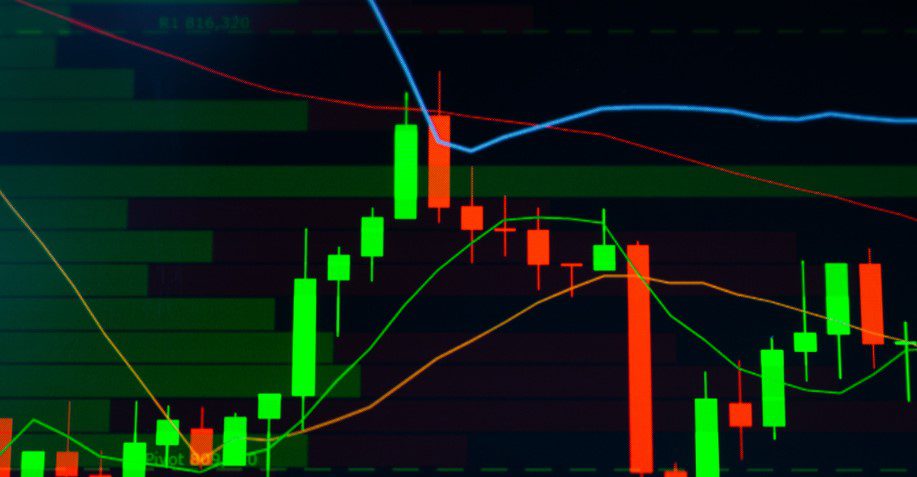F&O Trading Explained: Key Concepts and Strategies

F&O trading is a form of trading in which futures and options are bought and sold at a predetermined price on a predetermined date. If the trader is in a buy position and the price of the instrument rises, he makes a profit, and if he has a sell position and the price of the instrument falls, he makes a profit. F&O trading requires an in-depth understanding of risk management techniques, market dynamics, and the various complexities of derivative instruments to make successful deals.
F&O trading can’t be done solely based on a single factor; one needs to study a mix of factors, such as fundamental and technical factors, macroeconomic conditions, arbitrage, and single trading options. Like any other investment or trading, this trading has its own risks due to market fluctuations, so it’s important to consider all the risks and then make an investment. In such setups, it’s important that market integrity and investor protection is ensured for which the regulatory body decides some margin requirements, mentions the regulatory requirements, and monitors mechanisms.
What are futures and Options?
Futures and options are derivative products. They don’t have a value of their own; instead, they derive their value from an underlying asset like shares or commodities.
In a derivative contract, two parties agree to buy and sell a security on a fixed date at an agreed price. One party enjoys the profits, and the other bears the losses because one party’s prediction comes true, and the other does not. Investors who want to earn higher profits and have an efficient knowledge of the market and its conditions often want to know what are future options so that they can take their investing to higher levels. So let us understand both terms in a detailed manner.
Futures
A future contract is an agreement to buy or sell something at a pre-determined price on a specific date in the future. Future contracts are entered into to protect oneself from price changes.
Types of Futures Contracts
Future contracts offer investors various opportunities to manage risk, speculate price movement and optimize portfolio performance. They are mainly of two types financial futures and physical futures which can be understood by going through below mentioned pointers.
Financial futures
They involve contracts of financial instruments and help to gain exposure to various asset classes, and hedge against financial risks. Examples – Index futures, currency futures, stock futures, etc
Physical futures
These involve contracts of tangible assets like commodities, agricultural products, etc
Options
An option contract gives the right to the holder but he is not obliged to buy/sell a security at a given price within a specific period.
Types of Option Contracts
Options contracts also have two types: put options and call options, which can be understood by reading the explanation below.
Call option
Through this option, the holder has the right to purchase the security at the strike price before its expiration, but there is no obligation to do so.
Put option
Through this option, the holder gets the right to sell the security at the strike price before its expiration, but again there’s no obligation to do so.
Difference between Futures & Options
| Basis | Futures | Options |
| Meaning | A contract to buy or sell a security at a predetermined price on a specific date in future. | A contract that gives the right but does not oblige the holder to buy/sell a security at a given price within a specific period. |
| Obligation | Buyer is obliged to buy the security on a specific mentioned date | The buyer has no obligation to buy the security. |
| Risk | Higher risks | Lower risks |
| Payment | A future contract does not involve any cost of entering the contract. | Here, the buyer needs to pay a premium which gives him/her the right to not purchase the security if he doesn’t want to. |
| Execution | It is executed on an agreed date | Can be executed anytime before the expiry date |
| Potential gains/losses | This can provide unlimited gains or losses as well | This can also provide unlimited gains and losses but has less chances of incurring losses |
Conclusion
Trading in futures and options is surely risky, but if an investor has ample experience in trading and then wishes to switch to futures and options, then it’s a decent option to consider. As these products are highly volatile, an in-depth analysis and experience are a must in order to gain sufficient gains from the trade. Future contracts are an obligation to buy/sell a security on a future date whereas Options provide the right to buy or sell the security but there’s no obligation that it has to be done. Both futures and options are decent investment categories but it’s crucial to do your own research before making any investment decision as these contracts are highly volatile and any carelessness in researching can lead to substantial losses.
